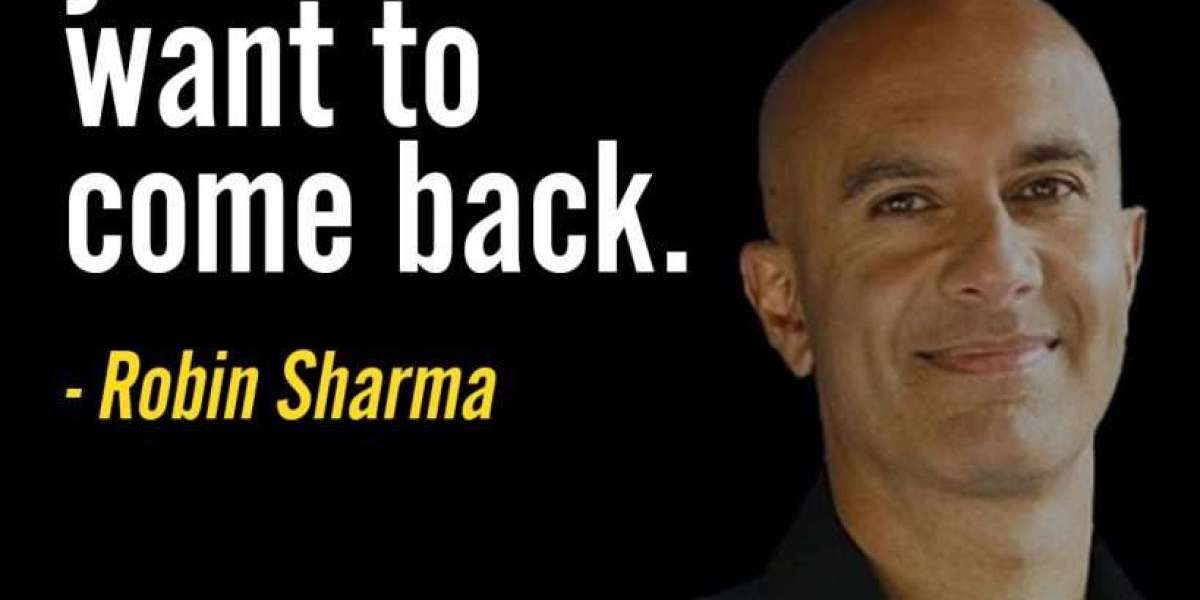In a world defined by constant connectivity and information overload, the ability to communicate effectively has emerged as a critical skill in every sphere of life. From journalism to public speaking, from corporate boardrooms to community gatherings, the art of communication shapes perceptions, drives decisions, and fosters meaningful connections. In this exploration, we delve into the insights of two distinguished communicators, John Simpson and Naga Munchetty, shedding light on their approaches, experiences, and the enduring impact of their work.
John Simpson: A Voice of Authority in Journalism
With a career spanning over five decades, John Simpson stands as a towering figure in the realm of journalism. As the BBC's World Affairs Editor, he has reported from the frontlines of some of the most significant events in recent history, from wars and conflicts to political upheavals and humanitarian crises. Through his insightful analysis and fearless reporting, Simpson has earned the trust and respect of audiences worldwide.
At the heart of Simpson's approach to communication lies a commitment to truth, integrity, and empathy. Whether navigating complex geopolitical landscapes or interviewing world leaders, he remains steadfast in his pursuit of clarity and objectivity. By blending firsthand reporting with incisive commentary, Simpson not only informs but also enlightens, offering audiences a deeper understanding of the world we inhabit.
Naga Munchetty: A Voice of Diversity and Inclusion
As a prominent journalist and broadcaster in the UK, Naga Munchetty brings a unique perspective to the realm of communication. With a career spanning television, radio, and print media, she has established herself as a trusted voice on issues of diversity, inclusion, and social justice. Through her engaging interviews, thought-provoking discussions, and advocacy for underrepresented communities, Munchetty has emerged as a champion for change.
Central to Munchetty's approach to communication is a commitment to authenticity and empathy. Whether challenging prevailing narratives or amplifying marginalized voices, she remains unwavering in her dedication to fostering dialogue and driving positive change. By leveraging her platform to shine a light on pressing issues and untold stories, Munchetty empowers audiences to confront uncomfortable truths and embrace a more inclusive worldview.
The Power of Storytelling: Lessons from Simpson and Munchetty
At the heart of effective communication lies the power of storytelling—a timeless art form that transcends barriers of culture, language, and ideology. Both John Simpson and Naga Munchetty exemplify this principle through their masterful use of narrative to engage, educate, and inspire.
Simpson's reporting from conflict zones and disaster areas demonstrates the transformative potential of storytelling in highlighting human suffering and resilience. By bearing witness to the struggles of individuals caught in the crossfire of war or the aftermath of natural disasters, he gives voice to the voiceless and compels audiences to confront the realities of the world we inhabit.
Similarly, Munchetty's interviews and features shed light on issues of inequality, discrimination, and systemic injustice, inviting viewers to empathize with the experiences of others and consider their own roles in effecting change. Through the power of storytelling, she challenges stereotypes, confronts prejudices, and fosters a sense of solidarity and shared humanity.
Embracing Dialogue and Debate: Finding Common Ground
In an era marked by polarization and division, the need for constructive dialogue and respectful debate has never been greater. Both John Simpson and Naga Munchetty embody this ethos in their approach to communication, fostering spaces where diverse perspectives can be heard, understood, and respected.
Simpson's interviews with world leaders and decision-makers exemplify the importance of holding power to account while maintaining a spirit of civility and professionalism. By asking probing questions and challenging assumptions, he seeks to uncover truths and foster transparency, even in the face of adversity.
Likewise, Munchetty's discussions on contentious issues such as race, gender, and identity encourage viewers to engage in difficult conversations with openness and empathy. By creating platforms for dialogue and debate, she empowers individuals to confront their biases, broaden their perspectives, and find common ground amidst differences.
Conclusion: The Communicators' Call to Action
In a world inundated with noise and distraction, the voices of John Simpson and Naga Munchetty resonate as beacons of clarity, integrity, and compassion. Through their commitment to truth, empathy, and dialogue, they exemplify the transformative power of communication to inform, inspire, and unite.
As we navigate the complexities of our interconnected world, let us heed the lessons of these distinguished communicators. Let us embrace the art of effective communication as a force for positive change, amplifying diverse voices, fostering meaningful connections, and building a more just and inclusive society for generations to come.








